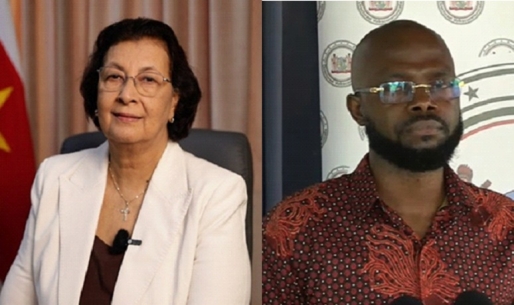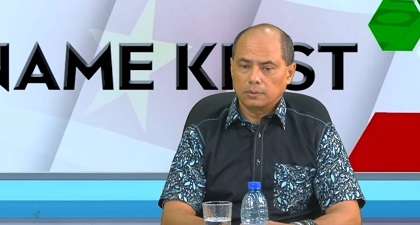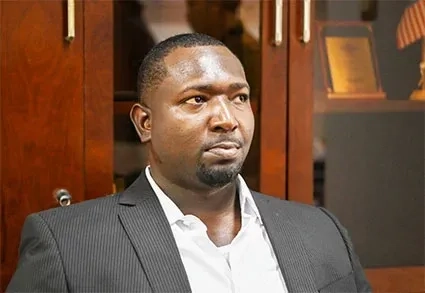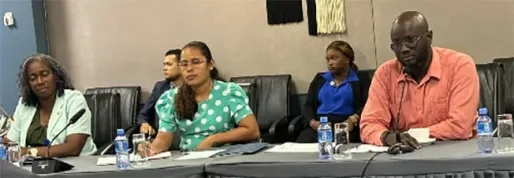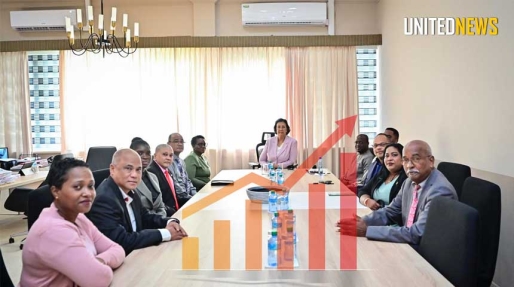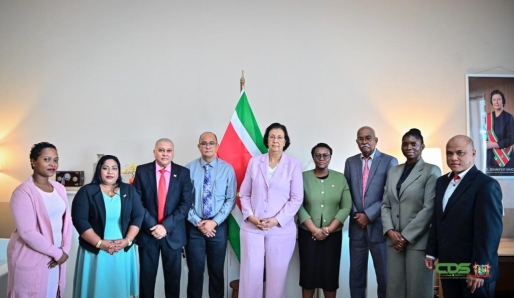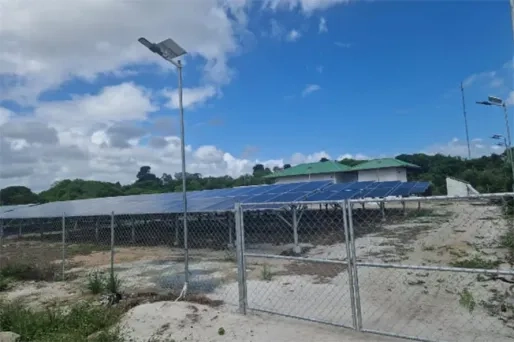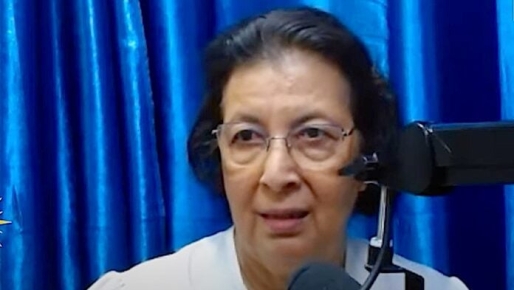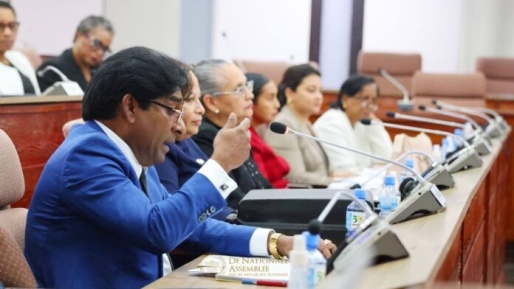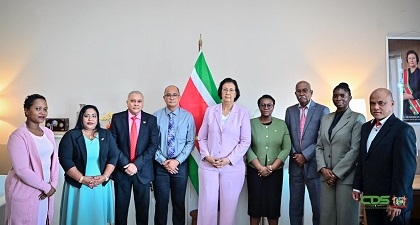Paramaribo, 31 December 2024
Today, H.E. President Chan Santokhi enacted the amendments of the Savings and Stabilization Fund Act and the Public Financial Management law, following their adoption by Parliament on December 30,2024.
1. Those legislations are part of the Government of Suriname’s reform effort to strengthen the Republic’s Fiscal framework. Strengthening this institutional framework will reduce the impact of mineral resource volatility – including new offshore oil- on fiscal policy. Two inter-connected rules fiscal rules have been adopted: (i) a medium-term fiscal anchor in the form of an indicative limit on government debt (net of financial assets in the Stabilization and
Savings Fund Suriname at the end of a five-year period; (b) a series of annual limits on primary expenditure in the budget. Those interconnected fiscal rules will allow to:(i) prevent upfront surges in expenditure ahead of offshore oil production, which would result in more borrowing and higher debt;(ii) avoid procyclical fiscal policies, under which changes in revenue drive changes in spending, destabilizing the public finances and the economy;(iii) build up financial buffers to help manage downturns in mineral prices and mineral revenues;(iv) save part of the new offshore oil resource-related income for future generations
2. Furthermore, the Republic amended the Savings and Stabilization Fund Act
as agreed with the bondholders. The Republic had expressly undertaken in the terms of the Restructuring Documentation to amend the Savings and Stabilization Fund Act by no later than December 31, 2024, in order to facilitate the performance of certain specific obligations in relation to the Oil-linked Securities (Value Recovery Instrument) after such time (i.e. the offshore deposit of royalty revenues and the granting of the springing security over the offshore royalty revenues account).Minister of Finance and Planning, Stanley Raghoebarsing, indicated that “the adoption of such legislation is an important step in strengthening the institutional framework for the conduct of fiscal policy. It’s also a sign to our creditors that the Republic of Suriname keeps its promises”. As highlighted by the IMF’s Seventh Review report, “Suriname is implementing an ambitious economic reform agenda to restore macroeconomic stability and debt sustainability, while laying the foundations for strong and more inclusive growth.”
Please view the documents by clicking the link below.
Documenten











